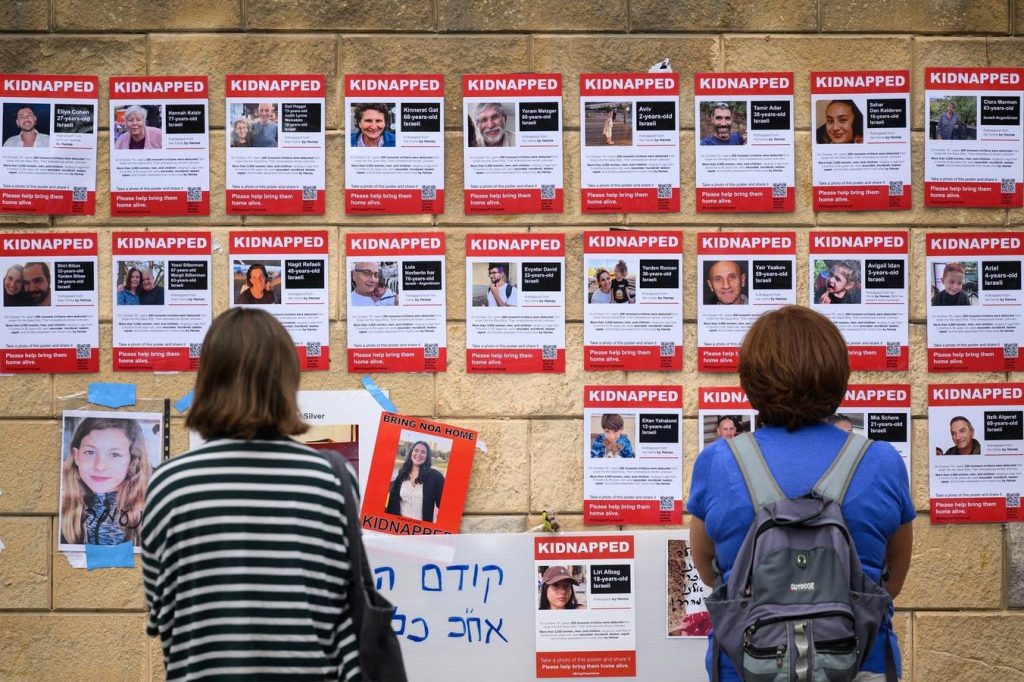After the brutal attack by Hamas on October 7, TikTok rejected ads advocating for the release of more than 240 Israeli hostages taken during the incident. Despite the potential of TikTok’s 1 billion users to amplify their message, the company initially deemed the ads inappropriate and against policy. The leading volunteer organization campaigning for the release of the hostages, the Hostage and Missing Families Forum, created ads featuring family members of the captives dancing and cheering, with a message urging their safe return home. However, TikTok cited various reasons for declining the ads, including visuals that were deemed “triggering” and mentions of Hamas, which were against the platform’s advertising rules related to terrorism.
While TikTok refused to run ads about the Israeli hostages, ads depicting the devastating toll of the conflict in Gaza were regularly featured on the platform. These ads, from humanitarian relief groups and unknown users, showed the chaos in hospitals, destruction of buildings, and smoke rising from bombs in Gaza. Despite the ongoing violence and high death toll in Gaza, TikTok maintained its policy of not allowing war-related ads. The disparity between ads about Gaza and those featuring the Israeli hostages sparked internal controversy within the company, especially among employees in Israel. One top employee, Michael Levy, had a sibling among the kidnapped, fueling frustration among staff and leading to calls for a change in TikTok’s policy.
The handling of ads related to the hostages sparked outrage both internally and externally, with pressure mounting on TikTok to reconsider its position. At Davos, freed hostages and family members advocated for the importance of their stories being shared on the platform. Following public criticism and pressure from outside sources, TikTok’s CEO was grilled by Congress about the company’s handling of the hostage situation and alleged bias against Israel. A senior employee in TikTok’s Israel branch resigned in protest of the company’s policy on hostage material and its broader handling of antisemitism. The company’s policy leaders also met with Israeli President Yitzhak Herzog to discuss concerns about the platform’s impact on dialogue around the conflict.
After months of pressure and discussions with the Hostage and Missing Families Forum, TikTok quietly changed its policy, allowing ads about the Israeli hostages on the platform. The Forum has since been able to run ads using language about the hostages, though there are still restrictions on the content that can be shown and said. The pivot in policy came after intense scrutiny and internal strife within the company over its handling of the situation. The Forum continues to advocate for the release of the hostages, emphasizing the humanitarian nature of their campaign. Despite the shift in policy, the battle to raise awareness of the hostages and their plight continues, with hundreds of people still missing and in captivity.


